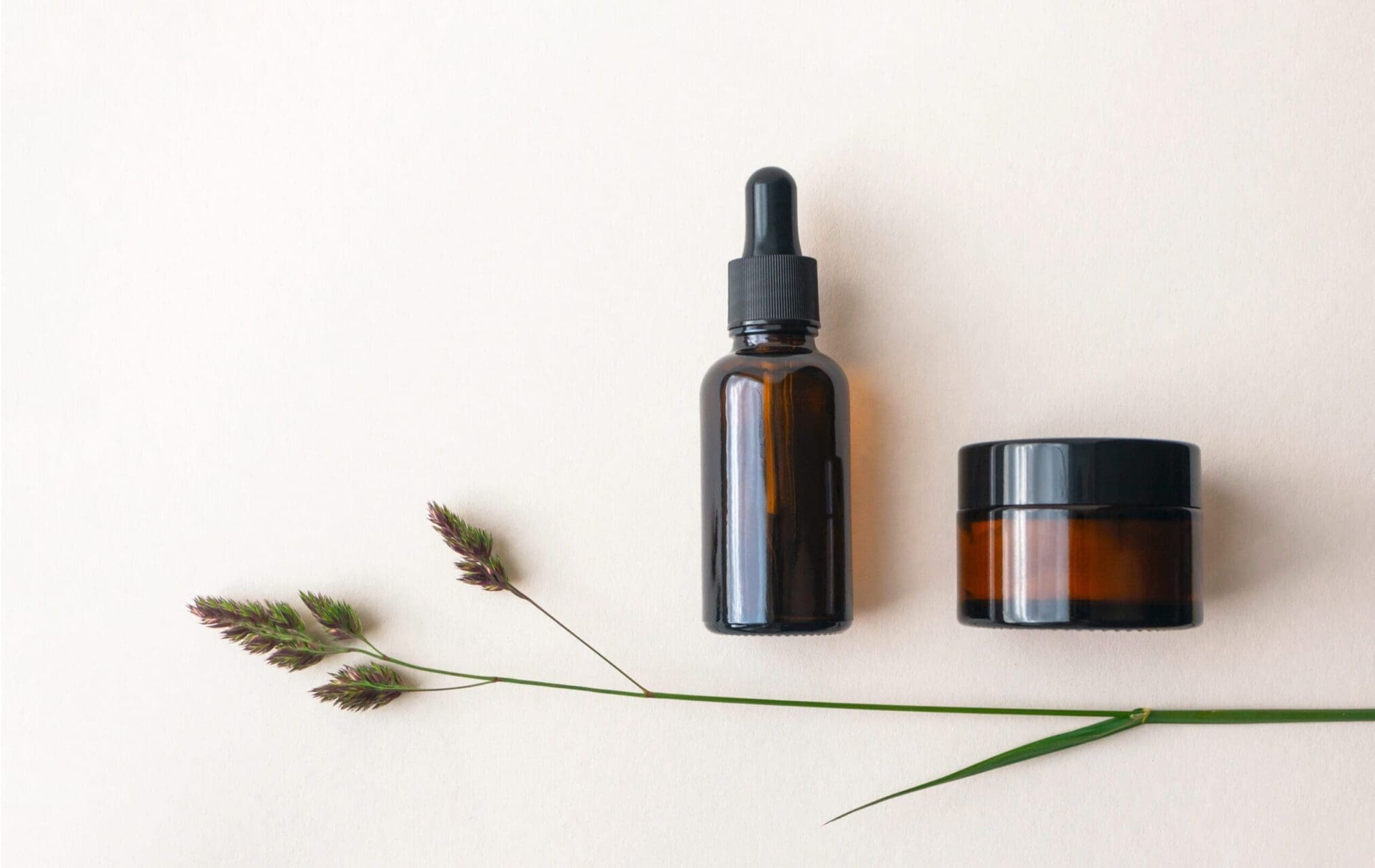The European Food Safety Agency (EFSA) published in January 2015 a re-evaluation of BPA (bisphenol A) – an additive used in cosmetics packaging, which is totally banned in cosmetic products according to the EU cosmetics regulation. EFSA concludes that the substance poses no health risk to consumers of any age group (including unborn children, infants and adolescents) at current exposure levels.
What is BPA and why were there concerns about it?
BPA is a substance used in the manufacturing of food contact materials and cosmetics packaging. Since migration from the packaging may occur, BPA is commonly present at trace levels in food and cosmetic products.
Previous studies were uncertain about some aspects of the BPA daily exposure estimation, especially regarding its dermal absorption when present in cosmetics – for which there was little information. The re-evaluation by EFSA aimed to conduct a more complete and reliable safety evaluation of bisphenol A.
Conclusions of EFSA’s re-evaluation
As EFSA concludes, the highest estimates for aggregated exposure to BPA (combination of dietary, dermal and other exposure sources) are three to five times lower than the established TDI (Tolerable Daily Intake) of the substance.
Bisphenol A remains totally banned in cosmetics in the EU, according to Annex II of the Cosmetics Regulation 1223/2009. However, its accidental and unavoidable presence at current levels (trace levels below detection limits) does not pose risk to consumers’ health, according to EFSA’s conclusions.
BPA in cosmetic products to be placed on the EU market
The migration of substances from the packaging to the finished cosmetic product is tested in the Compatibility Test – one of the safety tests which should be part of the Product Information File of a cosmetic product.
Among its obligations when compiling the PIF, the Responsible Person of a cosmetic product should ensure that the migration of BPA from the packaging is kept at levels below detection in order to keep the exposure to BPA at the levels evaluated by EFSA and to ensure compliance with the BPA ban set by the EU cosmetics Regulation.
With more than 25 years of regulatory experience, it will be our pleasure to help and advice you on requirements for cosmetic packaging, compatibility test and substances banned for cosmetics in the EU. If you would like to know more on cosmetics products regulatory compliance, please contact us.


